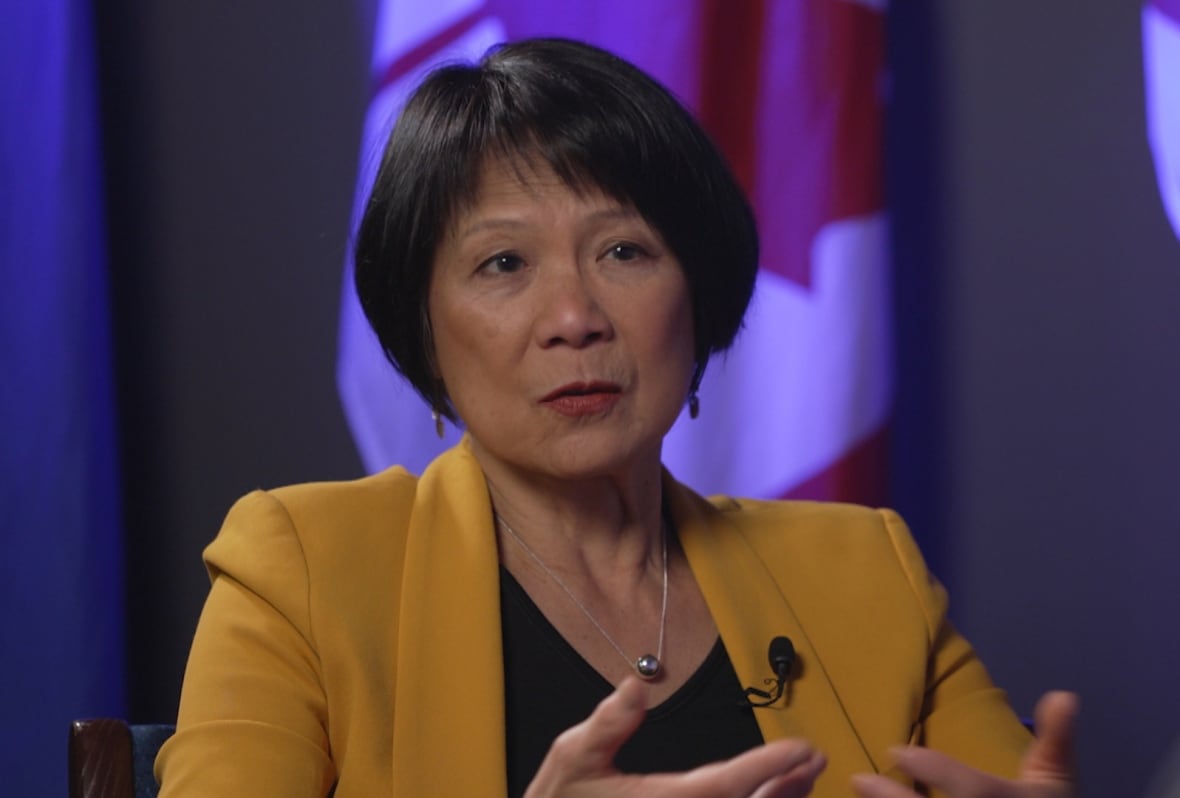New labour contracts across Toronto city divisions and agencies could cost taxpayers almost as much as the city will be taking in through a proposed 6.9 per cent property tax hike.
As previously reported, the TTC collective agreement, which narrowly averted a transit strike in June, will cost the city $176 million over three years.
But now, there are indications of the potential total cost of new agreements, including those that are yet to be negotiated, involving thousands of indoor city workers, as well as paramedics, police and firefighters.
Speaking with reporters this week, Stephen Conforti, the city’s chief financial officer, said Toronto’s 2025 budget includes a provision of $300 million to address increased costs from potential union agreements and contracts.
Mayor Olivia Chow had indicated heading into budget season that labour costs would be a factor contributing to a tax increase, saying retaining workers is essential for maintaining key services. Some council colleagues, though, are critical.
“This is a self-inflicted budget,” said Coun. Jon Burnside, speaking with reporters after Chow announced details of the budget on Monday.
“[I] love TTC employees, but by their own union leadership’s account, it was a groundbreaking contract and one of a kind. And when you’re giving out those types of contracts that then sets the stage for other city unions. … You’re setting yourself up for a really bad budget season.”
Proposed tax hike would bring in $320M
News of the potential contract costs comes as the city is in the midst of its budget process, with the final version to be approved next month.
Funding from other levels of government, reductions and offsets, and other strategies will help to close the $1.2 billion budget hole the city was facing. The proposed 6.9 per cent tax increase would bring in just shy of $251 million for the city’s operating budget, plus nearly $70 million for the capital budget.
Heading into the budget season, Chow signalled that a property tax hike would be coming and that labour costs would be a significant factor.
“We don’t want to lose our public servants,” Chow said in a year-end interview with CBC, citing the rising cost of living.
“Fire, police, paramedics, all the workers, they are saying, ‘We need to be able to afford to live in this city also’. So if you add that up it’s [a] substantial amount of money.”

In December, the city reached an agreement with CUPE Local 416, which represents about 4,200 civic employees, including garage collectors, parks and recreation staff and others. The city will not yet confirm how much the new deal will cost the municipality.
It still needs to negotiate new agreements with paramedics, also represented by CUPE Local 416, as well as with CUPE Local 79, which represents some 30,000 city employees.
Meanwhile, the Toronto Police Association has gone to third-party arbitration as it negotiates a new contract with the police board. Firefighters are also without a contract.
Keeping up with rising cost of living
Coun. Stephen Holyday was the lone vote each time against ratifying the contracts for both TTC workers and CUPE Local 416.
“I felt that these agreements were very, very generous,” he said in an interview with CBC Toronto.
“I have concerns because of the enormous cost to taxpayers.”

Carlo Fenelli, an associate professor of work and labour studies at York University, says in many cases public sector workers are simply making up for the “erosion” in the value of their paychecks due to inflation.
“While this might sound like a large budget number, [it’s] going towards people’s wages, which I think are important for ensuring good jobs and good quality of living,” Fanelli said.
In addition to negotiating new collective agreements, the city also has plans to hire more workers, including 75 more traffic agents to help fight congestion, at a cost of $3 million.
#union #agreements #cost #Toronto #300M












Leave a Reply